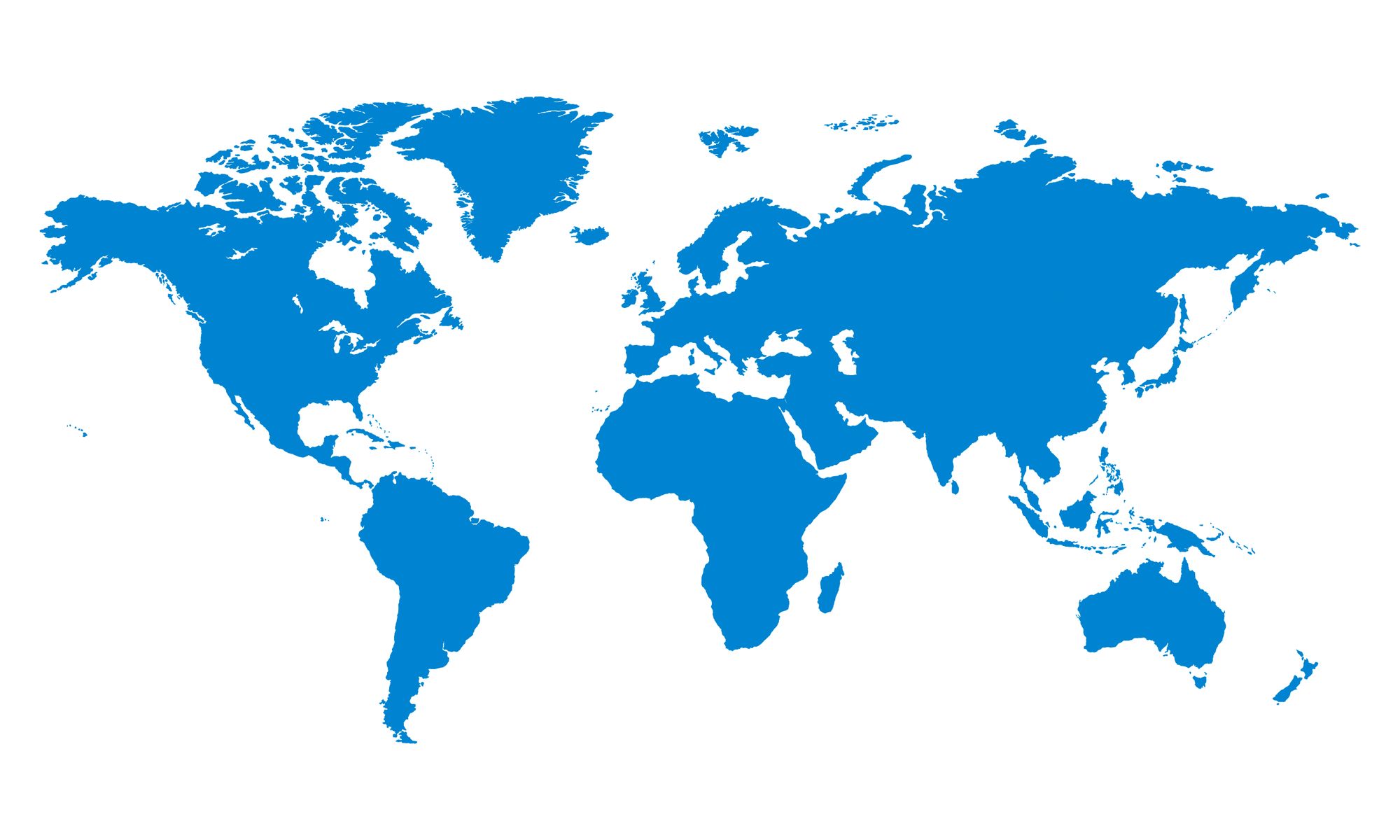
The global ascent of digital finance makes money laundering (ML) and terrorist financing (TF) significant worldwide threats. To combat this occurrence, governments develop anti-money laundering/counter-terrorist financing (AML/CFT) rules and initiate regulatory processes.
Although businesses ought to assess the possible ML and TF threats, AML/CFT requirements vary in different jurisdictions. The weaker standards spur corruption and illegal operations in the respective regions.
Nevertheless, even countries with lower regulatory standards can be appropriate for investments. Businesses should just be adequately informed and equipped to understand, estimate, and alleviate ML/TF challenges and avoid getting involved in illegal schemes.
How to Identify the States with High AML Risks?
High-risk states, according to AML regulations, include the states with poor money laundering mitigation measures and significant corruption. Governments and other international bodies compose their risk ratings that include:
- Financial Action Task Force (FATF) graylist and blacklist;
- Basel AML Index;
- Ratings of the European Union, the United States, and the United Kingdom.
The FATF is the primary international organization unveiling strategic AML/CFT in compliance. It identifies countries jeopardizing the worldwide financial system and takes steps to mitigate them.
The lists shaped by the European Union, UK, and the US follow the same logic and standards as FATF, so they are basically the same. Therefore, the article overviews the FATF list and the Basel AML Index.
The High-Risk Countries Lists Compiled by International Bodies
Organizations and governments use different means to determine risky countries.
FATF
This entity aims to identify and resolve strategic shortcomings in the states with poor AML and CTF regulation. FATF splits those countries into two lists:
- Blacklist: high-risk regions subject to a call for action;
- Graylist: regions under increased monitoring.
The FATF Blacklist
According to FATF, the ML/TF risks rooting from such countries are serious and demand enhanced due diligence (EDD) measures. In the severest cases, FATF encourages all member states to guard their financial systems by making relevant alleviation steps. Currently, the list contains only two states:
- North Korea;
- Iran.
The FATF Greylist
The list includes regions with strategic deficiencies and envisages increased monitoring of their efforts to address the revealed shortcomings within indicated timeframes. The FATF recognizes each “graylist” country’s achievements in eliminating money laundering and doesn’t make them subject to harsh sanctions. Nevertheless, it practices close monitoring in such states, and they may still face sanctions from other international bodies.
In June 2022, the increased monitoring list by FATF included:
The Basel AML Index
The indicator is named after the Basel Institute on Governance – the entity that handles the corresponding rating. This is an independent ranking and risk gauging tool for ML and TF. The Institute uses open sources to obtain data for measuring ML/TF risks in regions globally.
The index doesn’t aim to deem countries good or bad but rather gauge their risks, estimate regulatory susceptibility to ML/TF, and identify each state’s ability to fight it.
The Basel Index is calculated according to 5 factors:
- The level of AML/CFT framework;
- The risk of corruption;
- Financial transparency;
- Public responsibility;
- Political and legal risks.
The Basel Index studied 110 jurisdictions, assessed their risk scores, and stated a detailed overview in 2021.
The tables below display ten states with the highest risk rating and ten states with the lowest according to the Institute’s data.
Protect Your Business from Potential Threats
To minimize the risks for themselves and their clients, all regulated entities should initiate steps to determine, assess, and alleviate ML/TF risk factors. Those threats can be related to countries, customers, and geographical areas – regardless of their origin, companies should be appropriately equipped to ensure safe operations.
When initiating business relationships with partners from potentially unsafe jurisdictions, organizations should recognize that:
- Financial sanctions in particular countries can impose additional requirements;
- Global rules obligate companies to implement EDD procedures in their business interactions with persons or entities residing in risky regions.
Nevertheless, the residents of such countries may not necessarily be involved in illegal activities. What businesses should do is realize the more significant risk factors and be ready to mitigate them.
The measures to avoid suspicious customer interactions include the following:
- Determine the necessity of enhanced due diligence;
- Conduct the screening of sanctions lists, watchlists, and Politically Exposed Persons lists;
- Check adverse media and comparable sources.
EDD denotes a set of verification processes that include but is not limited to:
- The proof of funds check;
- Company check;
- Payment method check;
- Address verification.
The security of business operations can never be overestimated. Therefore, interactions that bear additional threats should be approached with particular attention. KYCAID offers unmatched solutions for KYC compliance procedures and identity verification to guarantee the non-compromised safety of business activities.